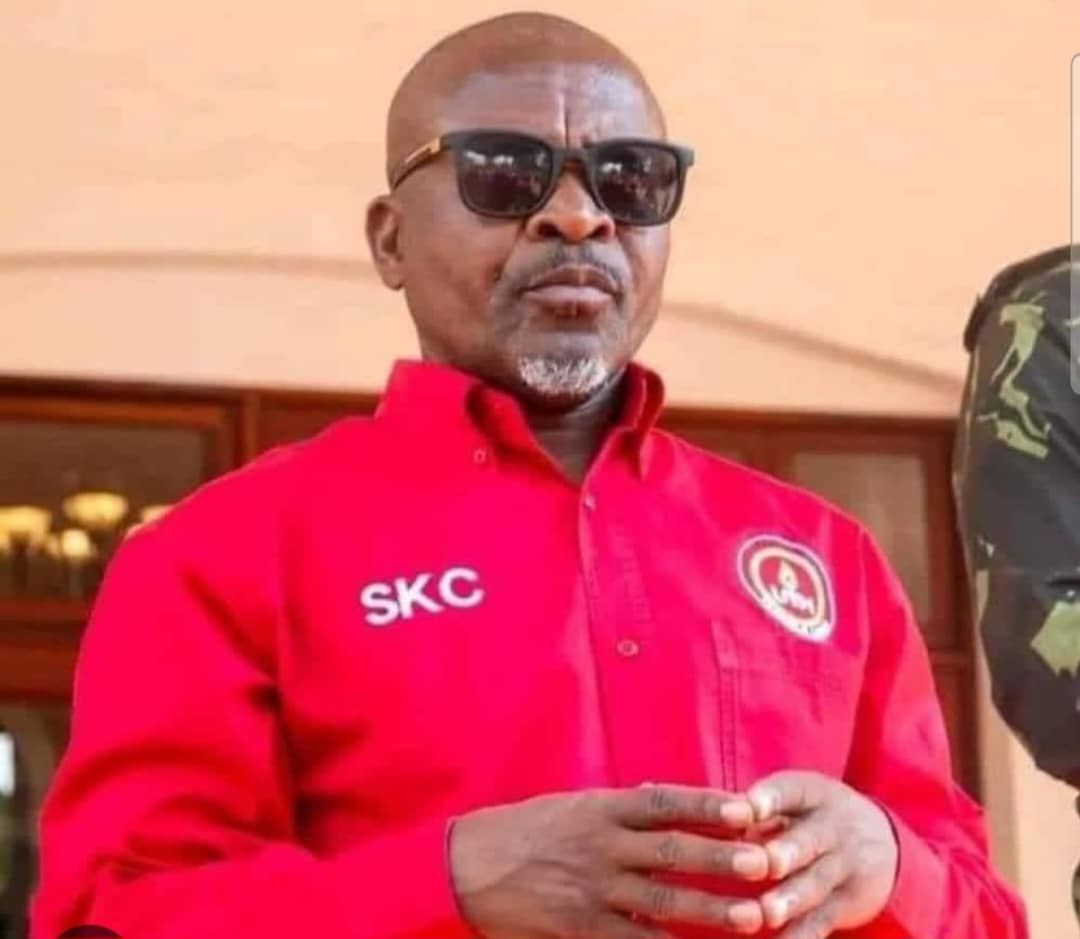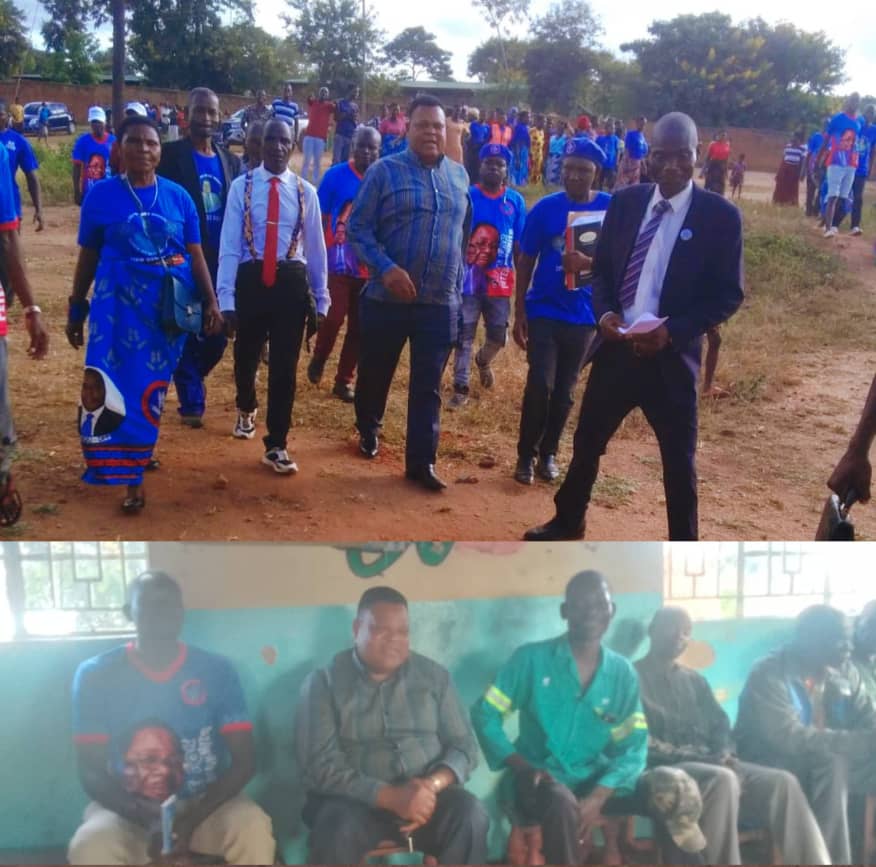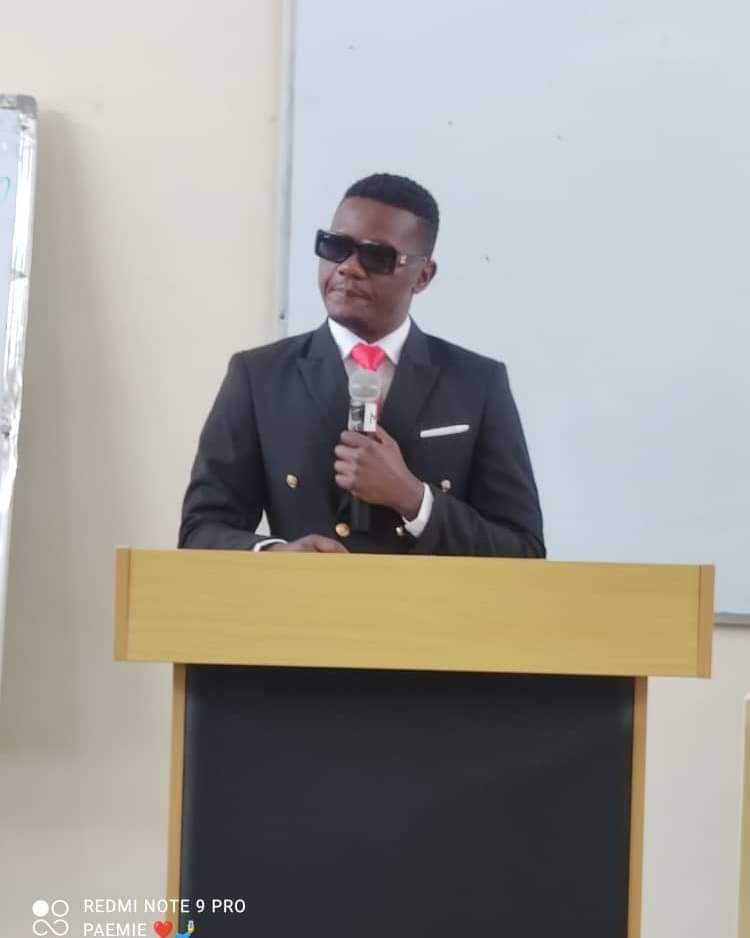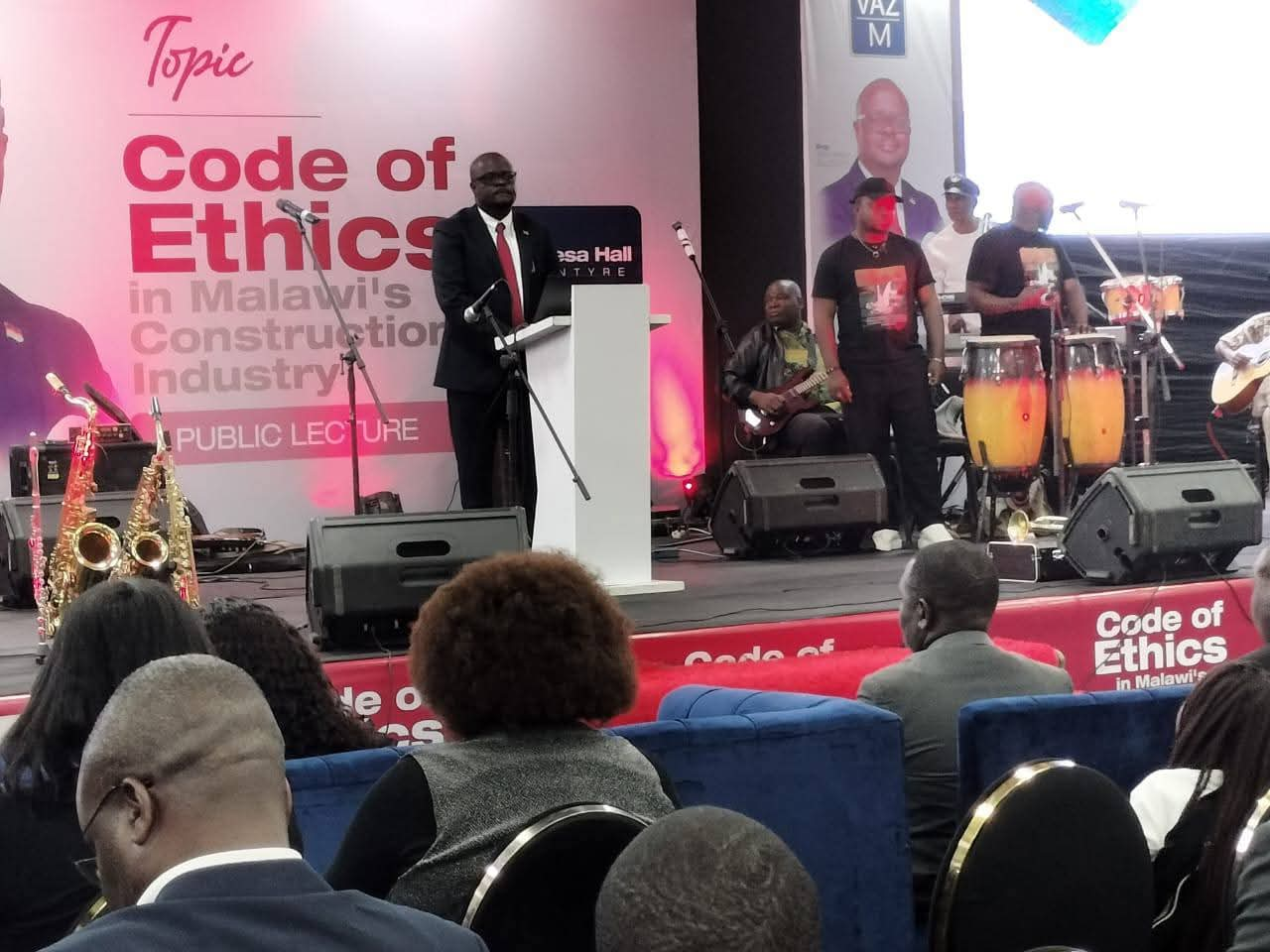By Burnett Munthali
Vice President Dr. Michael Usi’s decision to snub the UTM disciplinary hearing after being summoned raises significant questions about his political future and the broader implications for party discipline and unity.
Dr. Usi’s refusal stems from his belief that the UTM disciplinary committee lacks legitimacy. While addressing his followers at Mudi House in Blantyre, Usi criticized the process, asserting that the committee members were elected unlawfully at the party’s convention. This assertion points to Usi’s contention with the party’s internal democratic processes, framing his defiance as a stand against illegitimacy rather than a mere act of insubordination.
Victor Chipofya, a prominent political analyst, sees Usi’s actions as a blatant disregard for the party’s constitution. According to Chipofya, Usi’s refusal to appear undermines the UTM’s internal mechanisms and sets a dangerous precedent for handling disputes within political parties.
“Dr. Usi should have respected the party’s internal processes and used the platform to present his grievances. By refusing to appear, he is flouting the same constitution he helped to uphold as a leader,” Chipofya told MIJ Online.
Chipofya further argued that Usi’s claims about the illegitimacy of the convention should have been pursued through formal legal or internal party channels rather than disregarding the disciplinary process entirely.
Firstly, Usi’s defiance highlights deep-seated divisions within UTM. If left unresolved, these divisions could weaken the party’s cohesion, especially as it prepares for the 2025 elections.
Secondly, Usi’s actions may embolden other members to disregard party rules, undermining the authority of party structures.
Thirdly, the refusal to engage in the disciplinary process could damage UTM’s image as a party committed to accountability and transparency.
Dr. Usi’s decision puts his political future in a precarious position. While his stance against alleged illegitimacy might resonate with some supporters, it risks alienating key allies within UTM. Without a resolution to these conflicts, Usi may face political isolation or even expulsion from the party.
Moreover, Usi’s reputation as a unifying figure could be tarnished, complicating his prospects for leadership roles in the future. His refusal to engage constructively with the disciplinary process could also weaken his influence within UTM and beyond.
Dr. Michael Usi’s decision to boycott the UTM disciplinary hearing has far-reaching implications for both his political trajectory and the party’s stability. While his grievances about the party’s internal processes might be valid, his approach raises concerns about accountability and adherence to democratic norms. As UTM navigates this turbulent period, the resolution of these issues will be critical in shaping its future and Dr. Usi’s role in Malawi’s political landscape.




